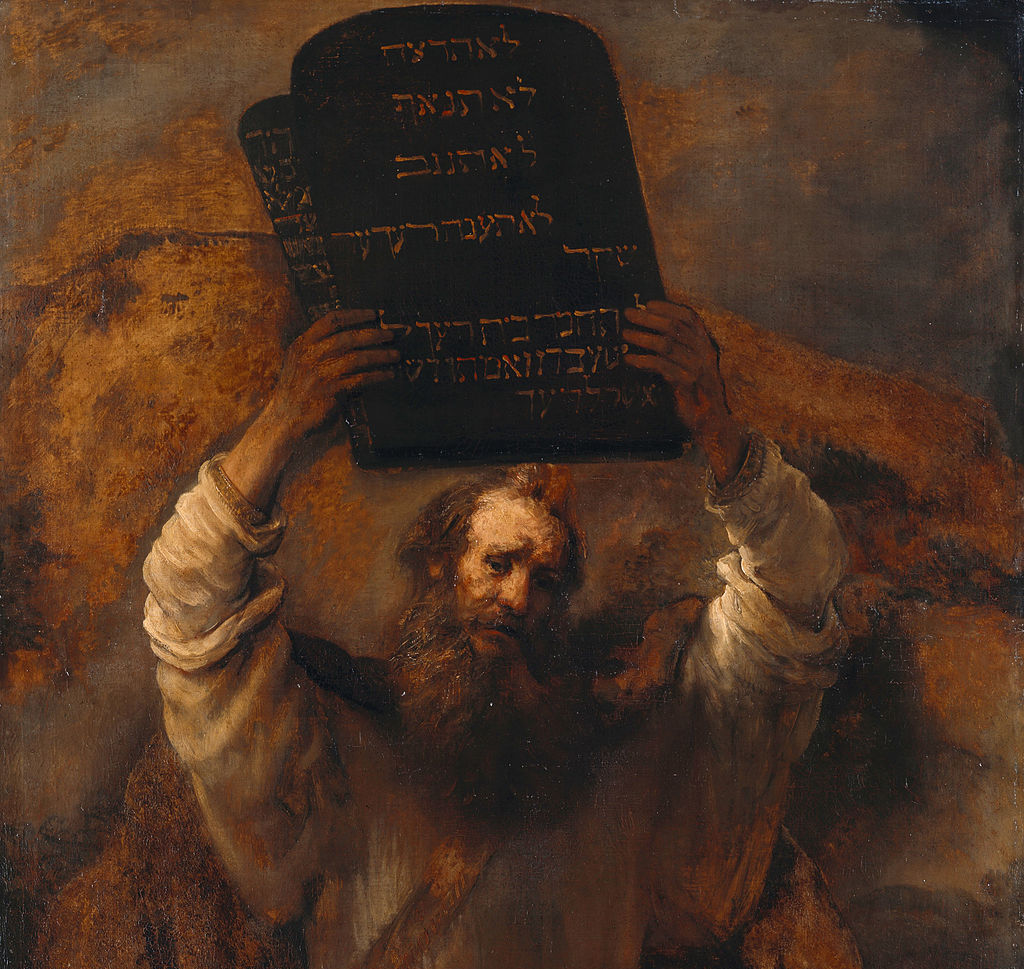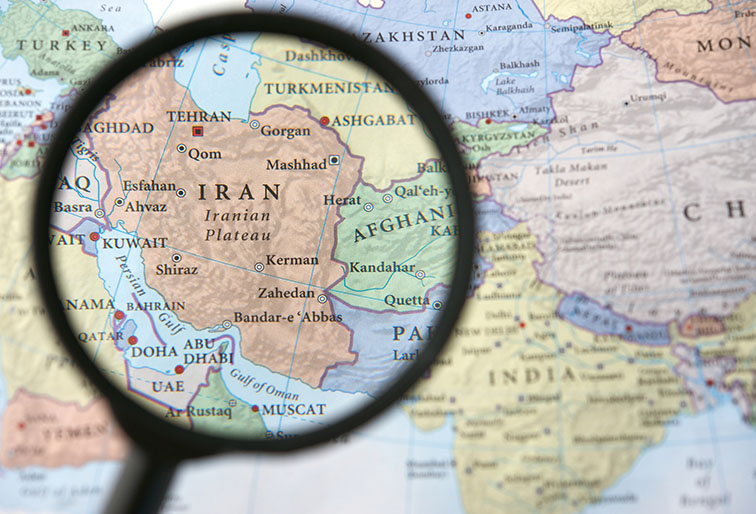
Parashat Yitro (Exodus 18:1-20:23)
Rabbi Adin Steinsaltz is one of the greatest rabbis of our time. The sole rabbi to achieve a comprehensive commentary on the entire Babylonian Talmud since Rashi in the 11th century, he also recently completed a commentary on the entire Bible.
Born in Jerusalem to a Marxist father who encouraged his son to study Talmud in order to sharpen his mind, Steinsaltz came to be regarded by Time magazine as a “once in a millennium scholar.” It is astonishing to see how a person who grew up in an atheist home with communist leanings became such a towering rabbinic figure.
But Steinsaltz’s case is hardly unique. Throughout the millennia, there have been many other sages who came from a non-observant background, including Shimon Ben Lakish, who in his youth during the third century was a bandit and a gladiator, according to the Talmud. The modern German theologian Franz Rosenzweig also came to embrace Jewish religiosity later in life.
In addition to seminal Jewish figures who were “born-again Jews,” our tradition is blessed with Torah scholars who were Jews by Choice — converts, or children of converts. A partial list would include Rabbi Akiba and Rabbi Meir of antiquity, and Onkelos, a translator of the Torah to Aramaic.
Throughout the ages, there always were sages who espoused embracing these Jews by Choice. In the Amidah prayer, we pray thrice daily for the well-being of all converts. In the Talmud, Rabbi Eleazar ben Pedat states that the raison d’etre of our people’s exile is to enrich our people with more converts (Tractate Pesachim 87B). And Lurianic Kabbalah asserts that the souls of converts who embrace Judaism are akin to divine sparks which return back to their divine core.
Nowhere is this Jewish tendency to embrace those who embrace rabbinic Judaism later on in life more pervasive than in this week’s Torah portion. Parashat Yitro includes the most spiritually sublime event in Jewish history — the giving of the Torah on Mount Sinai. And — imagine this — it’s named after a non-Jew, Jethro the Midianite.
Rashi states that Jethro was a Cohen shel avodah zara (a High Priest of idolatry) who experimented with all forms of idolatrous practice until he finally embraced monotheism. Jethro was Moses’ father-in-law, and it is instructive in and of itself that Moses chose to marry Tzipora, one of Jethro’s daughters, despite her idolatrous ancestry.
According to most commentators, Jethro ended up embracing Judaism, but according to the Spanish sage Ibn Ezra, Jethro became a good monotheist, but did not convert to Judaism. How striking it is, then, that our sages chose to name the parsha of the giving of the Ten Commandments after a person with such a questionable religious pedigree.
One might venture to claim that this honor given to a non-Jew is mere coincidence, but Shavuot, the holiday of the giving of the Torah, highlights once more that this is no mere happenstance. During Shavuot, we read one biblical work, the Book of Ruth. Ruth also was a convert. By embracing the national and religious identity of her mother-in-law, Ruth inadvertently set in motion a genealogical process that ultimately culminated in the birth of her celebrated great-grandson, King David, author of the book of Psalms, conqueror of Jerusalem, father of King Solomon who built the First Temple, and founder of the lineage from which the messiah and our ultimate redemption will eventually arise, according to our tradition.
So we have several strong indications that Judaism is a spiritual, rather than an ethnic identity. The parsha of the giving of the Torah is named after a non-Jew-convert (Jethro), on Shavuot we read the story of a convert (Ruth), and that same story ends by stressing the fact that that this very convert is the ancestress of King David, and therefore of the future messiah as well.
A religion is universal when it is open to all, and Judaism is certainly open to all those who truly, purely and wholeheartedly choose to earnestly take upon themselves the yoke of heaven, and lead an authentic Torah existence, by keeping the mitzvot.
As we receive the Torah, and make our perpetual covenant with God, the Torah reminds us of its ultimate universalist streak both by stressing the fact that it was not given in Israel, but rather in the desert, in a no-man’s land, in a place where no particular nation holds political sovereignty, and also by naming this portion after a non-Jew, and one who led an idolatrous existence throughout the bulk of his existence, at that.
Rabbi Tal Sessler is senior rabbi of Sephardic Temple Tifereth Israel. He is the author of several books dealing with philosophy and contemporary Jewish identity.


































 More news and opinions than at a Shabbat dinner, right in your inbox.
More news and opinions than at a Shabbat dinner, right in your inbox.